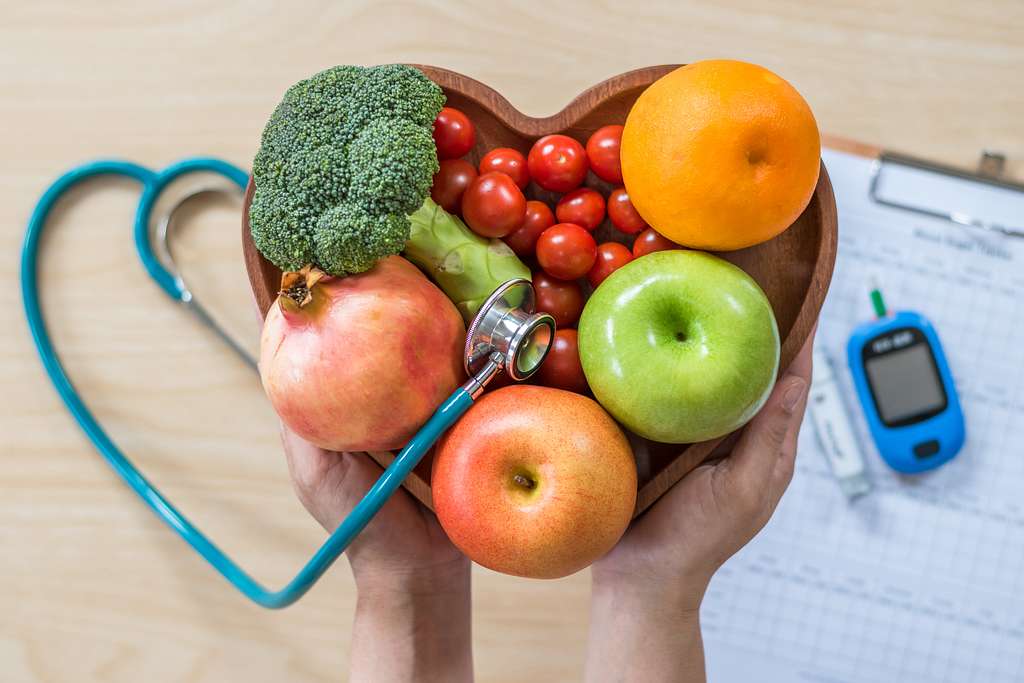Introduction
Managing diabetes effectively requires a well-balanced diabetes diet that helps regulate blood sugar levels. Whether you have type 1 or type 2 diabetes, making the right food choices can prevent complications and improve overall health. This guide covers the best foods to eat, what to avoid, and practical tips for maintaining stable glucose levels.
Foods to Eat on a Diabetes Diet
A diabetes-friendly diet focuses on nutrient-dense, low-glycemic foods that help control blood sugar spikes. Here are the best options:
1. Non-Starchy Vegetables
Low in carbs and high in fiber, these vegetables help stabilize blood sugar:
- Spinach, kale, and leafy greens
- Broccoli, cauliflower, and Brussels sprouts
- Bell peppers, zucchini, and cucumbers
2. Lean Proteins
Protein helps maintain muscle mass and keeps you full without raising blood sugar:
- Chicken, turkey, and lean cuts of beef
- Fish (salmon, tuna, mackerel – rich in omega-3s)
- Eggs, tofu, and legumes (lentils, chickpeas)
3. Healthy Fats
Good fats support heart health and slow sugar absorption:
- Avocados, nuts (almonds, walnuts)
- Olive oil, coconut oil, and flaxseeds
- Fatty fish (salmon, sardines)
4. Whole Grains (in Moderation)
Choose high-fiber grains to prevent blood sugar spikes:
- Quinoa, brown rice, and oats
- Whole wheat bread (in controlled portions)
- Barley and buckwheat
5. Low-Sugar Fruits
Some fruits are better than others for diabetics:
- Berries (strawberries, blueberries, raspberries)
- Apples (with skin for extra fiber)
- Citrus fruits (oranges, grapefruit in moderation)
Foods to Avoid with Diabetes
Certain foods can cause dangerous blood sugar spikes and worsen insulin resistance. Limit or avoid:
1. Refined Carbohydrates & Sugary Foods
- White bread, pasta, and pastries
- Sugary cereals and sweetened yogurt
- Candy, cookies, and cakes
2. Sugary Beverages
- Soda, fruit juices, and energy drinks
- Sweetened coffee and tea
3. Trans Fats & Processed Foods
- Fried foods (french fries, fried chicken)
- Packaged snacks (chips, crackers)
- Margarine and processed baked goods
4. High-Sugar Fruits
- Mangoes, bananas (in excess)
- Grapes and dried fruits (raisins, dates)
5. High-Sodium Foods
Excess salt can increase blood pressure, a risk factor for diabetes complications:
- Processed meats (bacon, sausages)
- Canned soups and fast food
Tips for a Balanced Diabetes Diet
- Portion Control – Use smaller plates to avoid overeating.
- Eat Regularly – Avoid skipping meals to prevent blood sugar drops.
- Stay Hydrated – Drink water instead of sugary drinks.
- Monitor Carbs – Track carbohydrate intake to manage glucose levels.
- Combine Macros – Pair carbs with protein or fat to slow digestion.
Conclusion
A diabetes diet doesn’t have to be restrictive—focus on whole, nutrient-rich foods while avoiding processed sugars and refined carbs. By making smart choices, you can maintain stable blood sugar levels and improve overall health.
Share this content:



